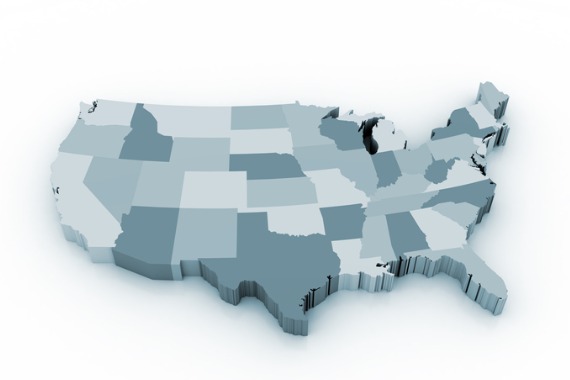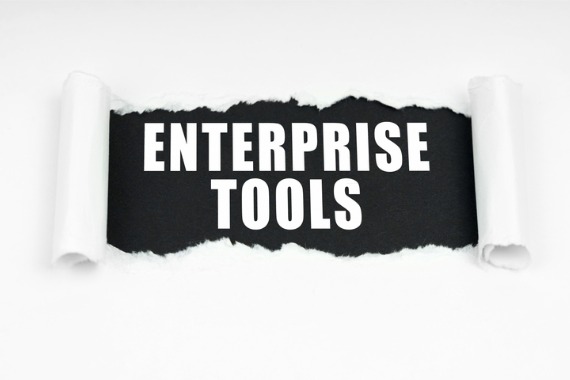Multi-State Operators Doing the Accurate Data Shuffle
Multi-state operators (MSOs) are cannabis companies that operate in multiple U.S. states and face unique challenges in navigating different state-specific compliance systems and regulations.
Let’s face it, each state manages things differently. They process differently, report differently, license differently– it’s different systems across the board.
Here are the top 5 compliance struggles for cannabis MSOs right now:
- Navigating varying state regulations: MSOs must adhere to different regulations in each state they operate in, which can be challenging to navigate and comply with.
Without the right tools, a team of MSO compliance professionals closely monitors regulations changes across all states and is responsible for ensuring their organization complies with all applicable regulations.
- Meeting reporting requirements: MSOs must report various information to state regulatory bodies, including product information, inventory, and financial information. Meeting these reporting requirements can be time-consuming and complex.
Sophisticated tracking and reporting software is used to manage complex reporting requirements across all states and is designed to automate reporting and minimize errors. Otherwise, this is manual too.
- Ensuring supply chain compliance: MSOs must ensure that all products they sell comply with state regulations throughout the entire supply chain, from cultivation to sale of end product.
By implementing rigorous supply chain management protocols, MSOs perform detailed product testing and quality assurance procedures to ensure that their products comply with state regulations.
- Conducting background checks: MSOs must conduct extensive background checks on all employees, including managers and owners, to ensure compliance with state regulations.
With robust HR departments that handle all aspects of employee screening and background checks, MSOs can ensure that all employees, including managers and owners, comply with state regulations.
- Maintaining proper record-keeping: MSOs must maintain accurate and detailed records, including product tracking and employee training records, to comply with state regulations. This requires a robust tracking and management system, which can be costly and time-consuming to implement.
Using advanced tracking and management systems to ensure accurate record-keeping across states where they operate, MSOs can streamline record-keeping and minimize errors. Proper training and certification programs to ensure that all employees are knowledgeable about compliance requirements and proper record-keeping practices.
No question about it. The cannabis industry is heavily regulated, with regulations varying significantly between states. MSOs that struggle with using different compliance systems quickly discover how accurate data sharing between technology systems is paramount to compliance, efficiency, and growth.
What are MSO’s state-specific compliance concerns?
MSOs must comply with each state’s unique set of regulations, making it challenging to operate across state lines. To ensure compliance across jurisdictions, MSOs use different compliance systems depending on the state in which they operate.
For example, states like California, Colorado, and Nevada each have their own regulatory system with requirements for tracking and reporting cannabis inventory and sales that can be quite different.
Two of the most common compliance systems used by MSOs are BioTrack and Metrc. BioTrack is a seed-to-sale tracking system that is used by several states, including Washington and New Mexico.
Metrc is another seed-to-sale tracking system also used by several states, including Colorado and California. While these systems are designed to ensure compliance, they can be quite complex and quite different, but one thing is sure.
The data fed into them must be accurate to ensure compliance.
Did you know: As a Metrc-approved, certified, and integrated platform, CannaHub is the glue that brings it all together for cannabis businesses. Learn how a cloud-based data repository can deliver insights into all aspects of your business.
The ‘Accurate Data Shuffle’
One of the biggest struggles MSOs face is ensuring accurate data sharing between different compliance systems. For example, an MSO may use BioTrack in one state, and Metrc in another state.
Each system’s inventory and sales data must be accurate, and this data must be shared between systems in real time. This is particularly challenging because each system’s regulations and compliance requirements can differ.
To ensure accurate data sharing between different compliance systems, MSOs need to invest in sophisticated data management systems that integrate with varying compliance methods seamlessly and translate data between different formats. This can be challenging, as other compliance systems may use different data storage and sharing formats.
Accurate data sharing is paramount to compliance, efficiency, and growth. An MSO must comply with state regulations to avoid losing their license and severe penalties.
Inefficient data sharing, on the other hand, can slow down business processes and reduce productivity. If an MSO uses different compliance systems in each state in which they operate, it can be challenging to get a clear picture of its inventory and sales across all states or make informed business decisions.
It is accurate data sharing that helps MSOs to achieve growth. By having a clear picture of their inventory and sales across all states, MSOs can make more informed decisions about expansion and investment.
When the MSO begins doing particularly well in one state, they may decide to invest more resources in that state to grow their business further.
MSOs in the cannabis industry face unique challenges when it comes to compliance. To operate in multiple states, they must navigate different compliance systems, which can be complex and challenging to manage.
Reliable data sharing between technology systems is paramount to compliance, efficiency, and growth. MSOs must invest in sophisticated data management systems to ensure authentic data sharing between different compliance systems.







